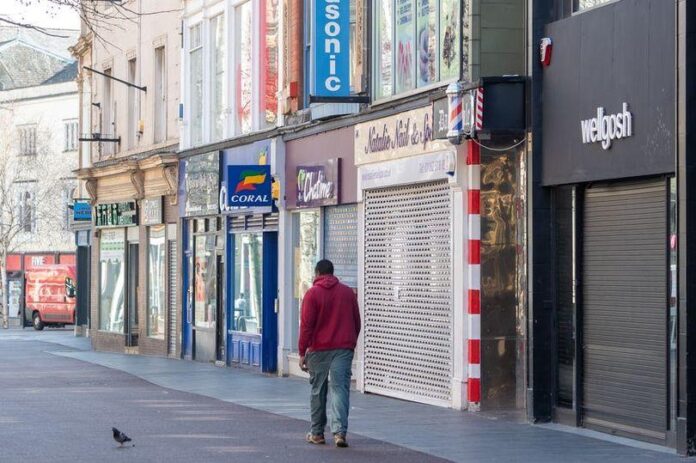| Translate This News In |
|---|
The number of UK employees on payrolls increased by 83,000 last month, according to the Office for National Statistics, and has dropped by 726,000 since February 2020 due to the impact of the pandemic (ONS).
The latest monthly tax figures show tentative early signs of the labour market stabilising, with a small increase in the number of employees paid through payroll over the last few months, although there are still over 700,000 fewer people employed than before the start of the coronavirus pandemic. The Deputy National Statistician at the ONS, Jonathan Athow, said:
According to a new age breakdown we are publishing for the first time today, almost three-fifths of this drop in staff since the onset of the pandemic came from the under-25s.
Our survey shows that since the financial crisis, the unemployment rate has had the largest annual rise.
After the Prime Minister’s announcement, workers remain worried about their jobs because some companies will not be able to reopen before the furlough scheme ends, union leaders warned.
Frances O’Grady, TUC General Secretary, said that there could be a gap of months before workers knew if they still had a job.
The Government must stop dithering and delaying and extend the full furlough scheme for at least the remainder of 2021, and must (give) urgent self-employed support.’
There is no reason to keep workers and companies waiting, with jobs and livelihoods hanging in the balance.
We need a plan to support parts of the economy that have been hit hardest by repeated restrictions on lockdowns, such as hospitality, retail, aviation, and creative industries.
Ministers are unable to watch from the sidelines as businesses move around the wall.
If the Prime Minister wants to make sure that we never go back into lockdown, he needs to do a better job of keeping people safe as they come back to work in large numbers.
“That means strengthening guidance on workplace safety so that it is in line with the latest science and cracking down on employers who put employees at risk,” she said.
Manuel Cortes, General Secretary of the Association of Transport Salaried Staff, said: “While there is light at the end of the tunnel, today the Prime Minister left many industries with ongoing questions and needs for support.”
The government must make it clear how our trains, buses, tubes, trams, and ferries, which are the vital public transport links that our country depends on, will be supported.
What support will be provided to keep them going until social distance is removed and individuals can return to their normal workplaces instead of working from home?
And will the government make a commitment to bring rail into public ownership where it belongs properly? ”
Unison General Secretary Christina McAnea stated that a cautious approach was the right way to balance getting the country moving again and limiting the spread of viruses.
Last time, its clear restrictions were relaxed too quickly and there can be no repeat errors.
Ministers can drive down infection rates even further by ensuring employees are encouraged to have the vaccine by their employers and paid wages in full if they need to be isolated.
The reopening of non-essential shops offered a lifeline for many retailers, said Paddy Lillis, general secretary of the Usdaw Shopworkers’ Union.
He added: “In terms of helping to protect jobs, this is good news, but the virus is still out there.” It is essential to follow the tests set out by the Government before reopening, so that shops only reopen when the information indicates that they will be safe.
When they reopen, we expect employers to maintain the necessary safety measures, including a distance of two metres and call on customers to follow the rules and respect employees.
Regrettably, incidents of abuse of shop workers have doubled during this horrific pandemic. It should never be just a part of the job and it is necessary to respect shop employees.
In the second stage of the vaccine rollout, the government must prioritise vulnerable occupations, reflecting the risks they face.’


















